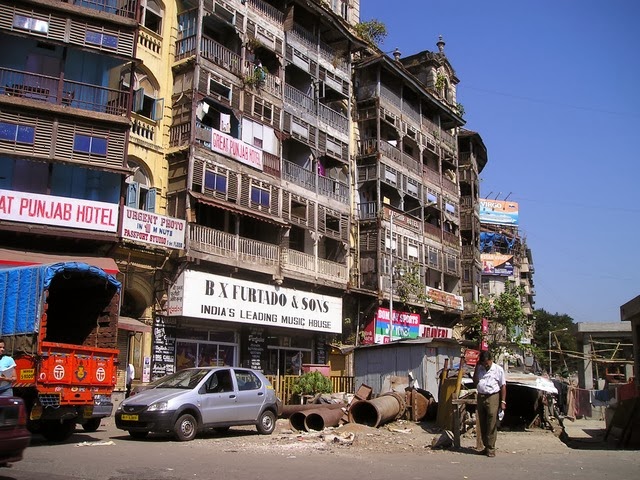Reading Comprehension
 Read the passage carefully and then answer the questions which are based on what is stated or implied in the passage. (taken from a graduate entrance exam)
Read the passage carefully and then answer the questions which are based on what is stated or implied in the passage. (taken from a graduate entrance exam)The work which Gandhiji had taken in hand was not only the achievement of political freedom but the establishment of a social order based on truth and non-violence, unity and peace, equality and universal brotherhood, and maximum freedom for all. This unfinished part of his experiment was perhaps even more difficult to achieve than the achievement of freedom. In the political struggle, the fight was against a foreign power and all could and did either join in it or at least wish it a success and give it to their moral support. In establishing the social order of his pattern, there was a lively possibility of a conflict arising between groups and classes of our own people.




